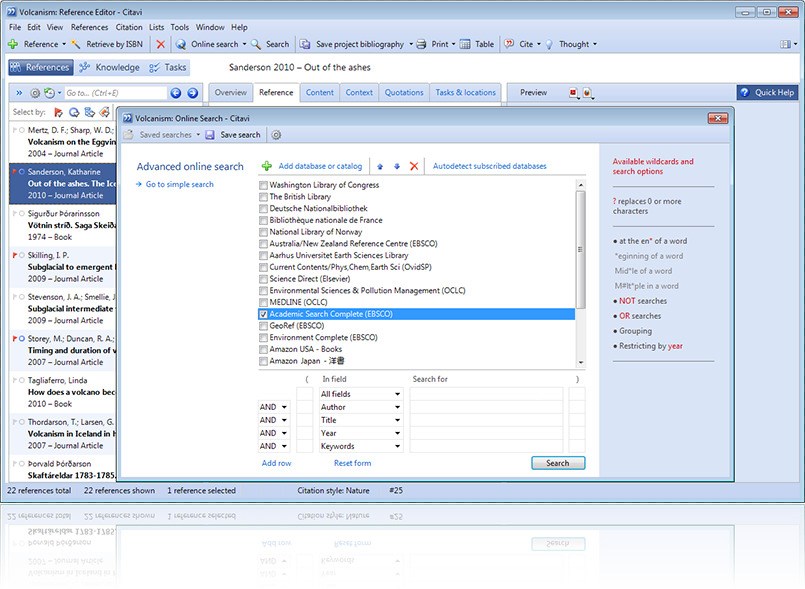

- #Papers vs endnote vs zotero pdf
- #Papers vs endnote vs zotero software
- #Papers vs endnote vs zotero free
- #Papers vs endnote vs zotero mac
This table lists the machine-readable file formats that can be exported from reference managers. Any client OS can connect to a web service unless stated otherwise in a footnote. For centrally hosted websites that are proprietary, this is not applicable. In the case of web applications, this describes the server OS. Web-based access to reference library also available through or through a personal cloud-based database folder on a user's computer (Google Drive, Dropbox, etc.). Multi-platform desktop version with connectors for Firefox, Chrome and Safari.
#Papers vs endnote vs zotero free
Roy Rosenzweig Center for History and New Media at GMUįree / Online storage free up to 300 MB / Additional storage space available Web-based, browser-accessed, Word & Google Docs Network-transparent XML/ SGML bibliographies Web-based for institutional repositories/ self-archiving Browser extension (Chrome, Firefox, Edge, Safari) Web-app, Desktop (MacOS, Windows), Mobile (iOS and Android). US$ 3/month for students, 5/month academics Web-application, integrates with Google Docs, collaboration & sharing features, currently only on Google Chrome US$2.99/month for academics, 9.99/month otherwise Stefan Washietl, Gregorgy Jordan, Andreas Gruber
#Papers vs endnote vs zotero software
The web version EndNote basic (formerly, EndNote Web) is free of chargeīibTeX front-end, using the KDE Software Compilationįree / Online storage free up to 2 GB / Additional storage space availableĪccount required, Desktop & Web components, Windows, Linux, macOS (not macOS 11 Big Sur)
#Papers vs endnote vs zotero pdf
Web-based BibTeX front-end (Apache, PHP, MySQL)Ĭentrally hosted website, intended for publication pagesīibTeX front-end + repository Cocoa-based integration with Spotlightĭesktop & iOS synced via iCloud, integrated web search, PDF download, auto-completion, Word plugin, BibTex support, PDF annotations stored as notesĭata can be saved locally on the computer, or, for team access, in the Citavi Cloud or an intranet Microsoft SQL Server search databases from interface
#Papers vs endnote vs zotero mac
Make sure you select the appropriate Mac or Windows version. Software as your Import Filter and EndNote (Ref Man RIS Format) as your Database. Go into RefWorks and from the References menu select Import.Ĩ. Select Text as your Save As type and click Save.ħ.

Type a file name and select a location for importing into RefWorks. A dialog box appears for you to select the location where you want to save the file. Under the Reference menu select Show Selected (or Show All if you wish to export the entire database).Ħ. Select the references you want to export.Ĥ. Close the Style Manager and repeat steps 1 and 2.ģ. Note: If you do not see this format, open the Style Manager and check the RefMan (RIS) Export format. From the list of output styles select RefMan (RIS) Export. In EndNote, under the Edit menu select Output Styles.Ģ. They will appear in the "Last Imported" folder and in any folder you told RefWorks to add the citations to.ġ. RefWorks will import the citations from your EndNote library. You can also specify what folder you want to add your EndNote citations to within RefWorks.Ĥ. In the window that appears, click on the Browse button to locate and select your EndNote library-a file with a.

From within your RefWorks account, pull down the References menu and select "Import EndNote V8+ Database."ģ. Consider creating a new folder in RefWorks called "EndNote import" or "EndNote library" to avoid any confusion as to what you have imported and where it has gone within RefWorks.Ģ.


 0 kommentar(er)
0 kommentar(er)
